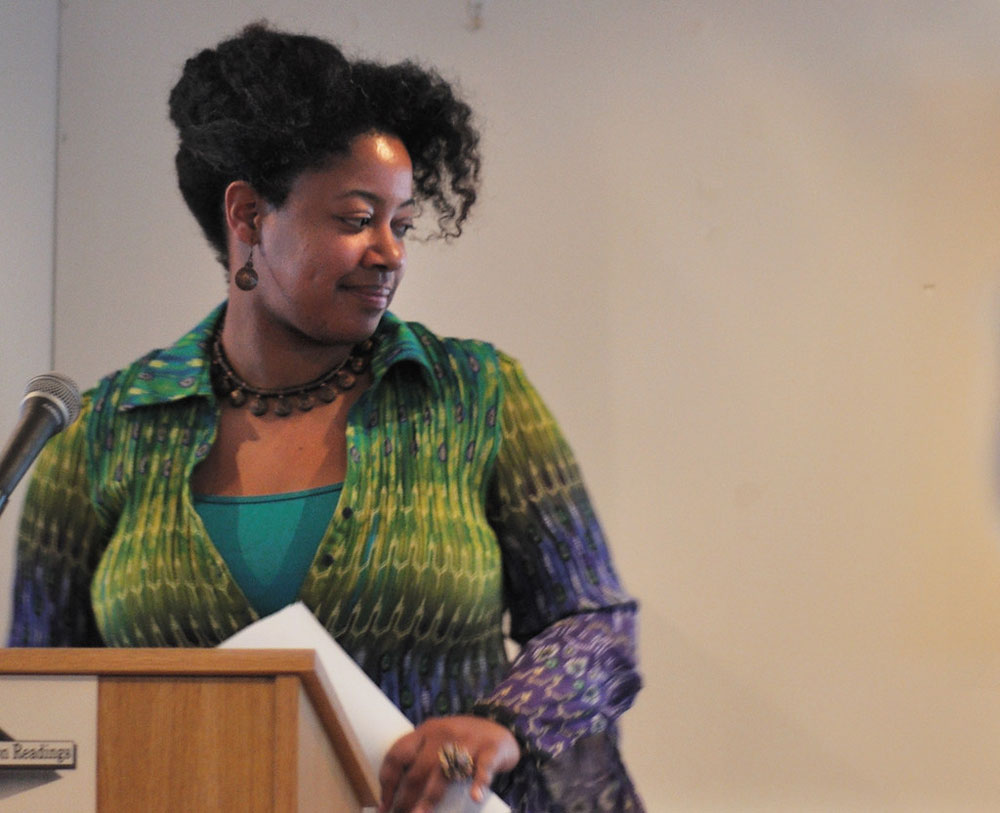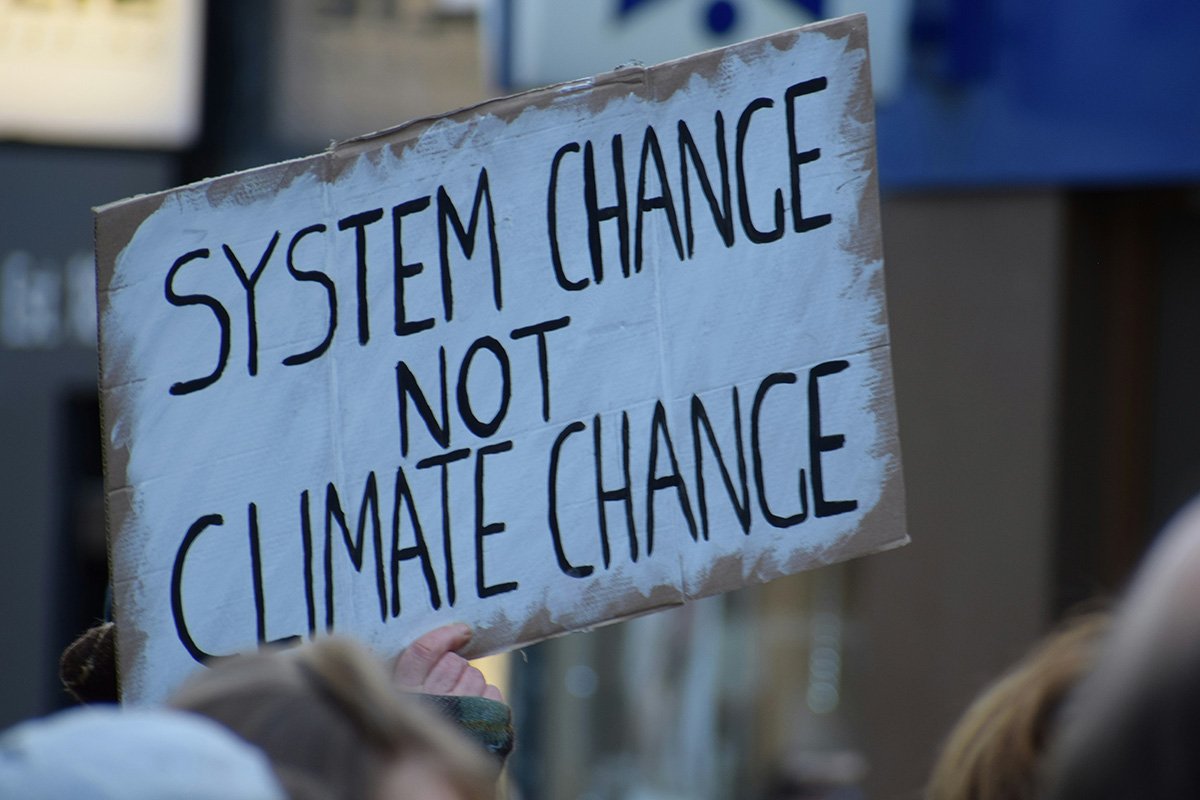
October 6, 2020; New York Times, Washington Post, and Fast Company
The John D. and Catherine T. MacArthur Foundation Fellowship awards—commonly called “genius awards”—offer no-strings-attached grants of $625,000, paid out over five years. The program began in 1981. Yesterday, the foundation named this year’s class of 21 fellows, bringing the total number of fellows named in the program since its inception to 1,061.
Among this year’s class are writers, performing artists, scientists and academics. One well known person in this year’s class is N.K. Jemisin, a science fiction writer whose Broken Earth Trilogy, published between 2015 and 2017, explores issues of caste and identity on a planet wracked by environmental disaster. Jemisin is the first science fiction writer to have had all three books in a single trilogy win Hugo awards for best novel. Her 2020 novel, The City We Became, notes Julia Jacobs in the New York Times, “tackles issues of race in the United States and in fantasy and superhero storytelling as its heroes fight to protect a newly sentient New York City.”
Another writer in this year’s fellow class is Larissa FastHorse, a member of the Sicangu Lakota nation. FastHorse is a playwright best known for “The Thanksgiving Play,” a satire that was performed off-Broadway in 2018 about a drama teacher trying to organize a “culturally sensitive” Thanksgiving pageant.
A third writer named a MacArthur fellow this year is Jacqueline Woodson. Her picture books and young-adult novels explore the lives of Black children and teenagers. Earlier this year, she also won the Hans Christian Andersen award.
Issues of racial justice are also central to the work of many of the more academically focused award winners. For instance, Natalia Molina is a historian and an American studies professor at the University of Southern California. In her scholarship, Molina aims at connections among different racial groups across history. For example, her work in books like How Race Is Made in America: Immigration, Citizenship, and the Historical Power of Racial Scripts examines some of the similarities in white American narratives regarding undocumented Latinx immigrants today and Chinese immigrants in the late 19th century.
Sign up for our free newsletters
Subscribe to NPQ's newsletters to have our top stories delivered directly to your inbox.
By signing up, you agree to our privacy policy and terms of use, and to receive messages from NPQ and our partners.
Another notable fellow this year is property law scholar Thomas Wilson Mitchell, who MacArthur recognizes for “reforming laws and developing policy solutions addressing mechanisms by which Black and other disadvantaged American families have been deprived of their land, homes, and real estate wealth.” Mitchell, a professor at Texas A&M University’s School of Law, was the principal drafter of the Uniform Partition of Heirs Property Act, a law that protects families from land loss when land is divided among multiple heirs.
Indeed, last year in NPQ we wrote about how, over time, unclear land title due to the holding of property in common by heirs has been the leading cause of Black involuntary land loss; census data suggests that as much as 80 percent of the 15 million acres of land owned by Black households in the South in 1910 has since been lost through this mechanism.
Back in 2015, NPQ’s Rick Cohen wrote about Mitchell, who noted that you can find this problem of unclear title “anywhere you have poor, or sometimes even just middle-class, property owners who have not been able to organize their common property ownership in a sophisticated way.” Lack of clear title makes it hard-to-impossible to qualify for mortgages or home improvement loans and often leads to housing deterioration or even abandonment.
Back when Cohen wrote his article, only six states had passed this heirs property act law. Now, that number has climbed to 18 states—including the state Cohen wrote about, South Carolina. Mitchell tells Ellen McCarthy of the Washington Post that his legal advocacy is “the job I do between 9 pm and 3 am.”
All told, this year’s fellows include Isaiah Andrews, an econometrician; Paul Dauenhauer, a chemical engineer; Mary Gray, an anthropologist; Nels Elde, a geneticist; Isaiah Andrews, an econometrician; Damien Fair, a neuroscientist; Ralph Lemon, an interdisciplinary artist; Polina V. Lishko, a biologist; Tressie McMillan Cottom and Forrest Stuart, both sociologists; Fred Moten, a poet and cultural theorist; Cristina Rivera Garza, a fiction writer; Cécile McLorin Salvant, a singer and composer; Monika Schleier-Smith, a physicist; Mohammad Seyedsayamdost, a biological chemist; and Nanfu Wang, a documentary filmmaker. Biographies of each fellow can be found here.—Steve Dubb










